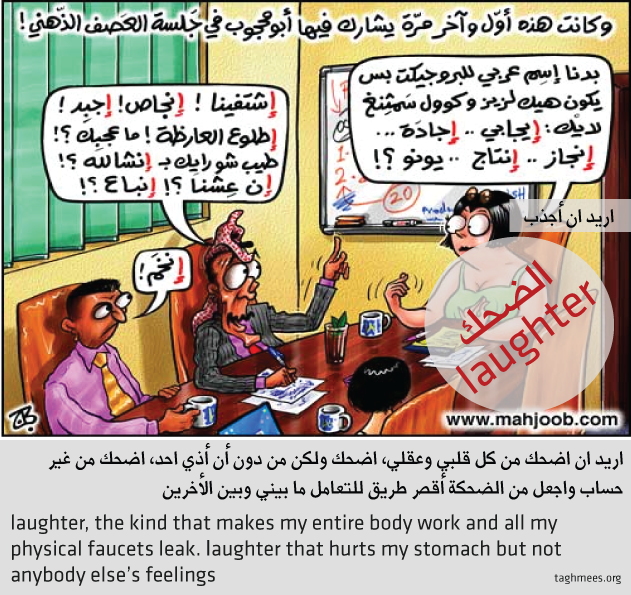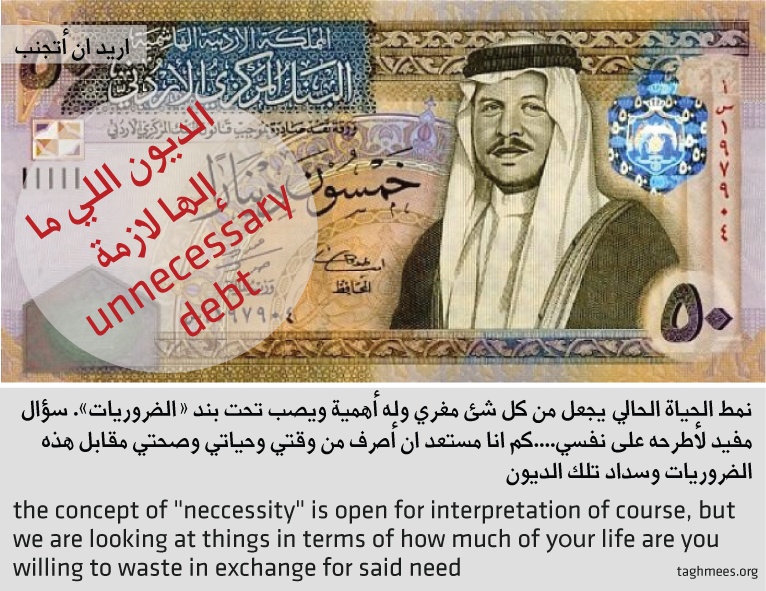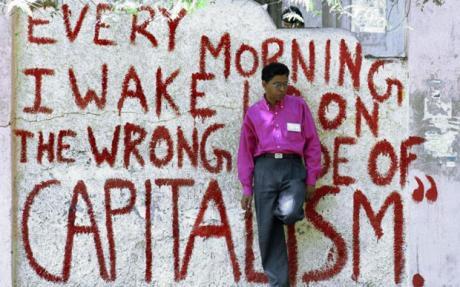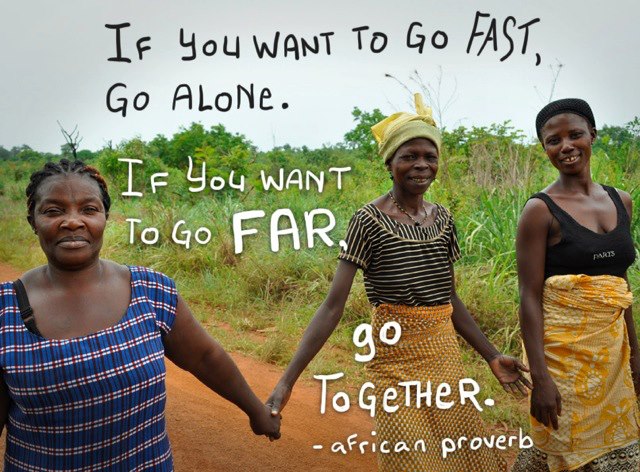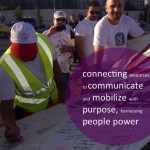اريد ان أتجنب الديون اللي ما الها لازمة
education for what?
I’m wary of the term “education”, because of the historic use of education to enslave populations through systematic indoctrination. Education has been used strategically in the colonization of our minds as a means of erasing our identities and loosening traditional ties, and allowing us to accept the destruction of our social and ecological fabric.
Education still separates us economically, as knowledge becomes capitalized through the privatization of education. So only those who can afford high tuitions can access a private education, which then provides access to employment and greater material wealth. But this access is limited to the wealthy or those who are allowed access to debt, which they spend the beginning of their lives (or the rest of it) paying off.
All the while, less resources are being allocated to public education, denying those on the bottom the means to struggle against their enslavement. While also denying us traditional sources of knowledge, resources, crafts, and sustainable lifestyles. The cycle is vicious, and it is for us to learn how to use our minds beyond our education to find sustainable solutions for the pains of our world, outside of exclusion and limited access. This is a part of what shaped our thinking in the creation of taghmees, focusing on spreading shared learning outside of the boundaries of “education”. Learning is all about heart:) and using your heart to understand the world outside of our normal frameworks. Thank you for the space and opportunity to reflect.
playing to win
We are taught to compete at a young age, through innocent channels of games and play. Can you think of any games or activities that are collaborative rather than competitive? Meaning that there are no winners or losers, where the objective is not to be “better than” but simply to be “better”.
Just a thought, but if we were taught as children to collaborate rather than compete, wouldn’t we work together to solve problems rather than work so hard to crush each other (the competition)? If the underlying objective of the activities we engage in as children was one of nurturing group success and shared reward rather than personal achievement and gain, would our adult “common sense” not push us to question the devastating consequence of placing competition at the center of our survival, the way it is now? Would we ever accept the logic of patenting technology or intellectual property rights, the way we do now? Would we rationalize the dumping of millions of tons of food every year, while millions go hungry for the sake of regulating market prices / profit margins of competing entities, as happens in our present reality?
Would we be so calm and accepting in the face of the world that is presented to us in its current unfair and unkind form? Would we not, in this alternate non-competitive scenario, simply look to a friend (or several) and start figuring out a way to tackle any seemingly impossible task together, the way we’ve “always” done, since we were little kids playing? Wouldn’t we be used to approaching each activity and task, as we were taught and as was modeled by adults, using the range of our different skills, abilities, and capacities to create suitable group solutions that result in a shared win?
Dare to live a different dream… this is only one.
the taghmees recipe
Gallery
خلطة تغميس
Gallery
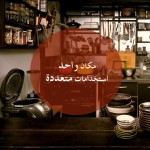
This gallery contains 14 photos.
towards humanity
In the manufactured spirit of the season, we came up with a list of some things that we’d like to avoid in life, as well as the things that we’d like to attract. We thought to share it and hope you find it useful.
Things to Avoid:
1. Unnecessary debt (the concept of “neccessity” is open for interpretation here of course, but I’m looking at things in terms of how much of my life am I willing to spend in exchange for said need).
2. Being around people who make me feel bad about who I am, what I believe, or how I behave. I don’t mind being challenged by others, but I don’t enjoy being judged, blamed, or shamed.
3. Holding onto unnecessary anger, whether towards loved ones or strangers. I’d like to allow more space in myself for forgiveness by freeing up the space holding anger’s destructive energy. (Please note that this doesn’t mean that I’m going to numb my emotions and pretend that life is a rose or smile in the face of exploitation and violence. I’m just saying that I want to let go of the anger that damages relationships, moods, gatherings, and breakfast tables. The kind that drags on unnecessarily,
4. Engaging ego, my own or others. (Unfortunately, ego is one of those inescapable things, but if I’m more vigilant and self-observant, I may be able to avoid letting it control my life completely)
5. Junk, in all its forms, whether food, entertainment, or stuff
6. Confusing judgment for wisdom; times when I think I’m being wise when I’m actually being judgmental.
Things to Attract:
1. Laughter, the kind that makes my entire body work and all my physical faucets leak. Laughter that hurts my stomach but not anybody else’s feelings. The kind that takes me unexpectedly, and leaves me weak yet joyful.
2. Learning moments, even in the form of challenges or experiences that push my comfort zone (but which are hopefully not catastrophic, traumatizing, or damaging in nature).
3. Critical nonjudgmental people who want to engage and be engaged, whether in reflecting on content, practice, or experience.
4. Honest feedback that isn’t advice (sincere observations and reactions that are relayed for me to reflect on and choose how to use according to my best judgment).
5. Gatherings of good people over good food.
6. Opportunities to be in nature.
7. Movement and energy, and anything that inspires them.
8. Good will and warmth.
9. The strength, courage, and support needed to pursue the life path that makes most sense to me.
10. The wisdom to realize when life is presenting me with exactly the things I need rather than the things I want.
*inspired by a dear loved one on his birthday, thank you, kazoon.
encyclopedia of informal education
The encyclopedia of informal education, a great resource for exploring informal education, lifelong learning, social pedagogy and social action. A great resource self-learners, educators, and critical thinkers.
http://www.infed.org/index.htm

